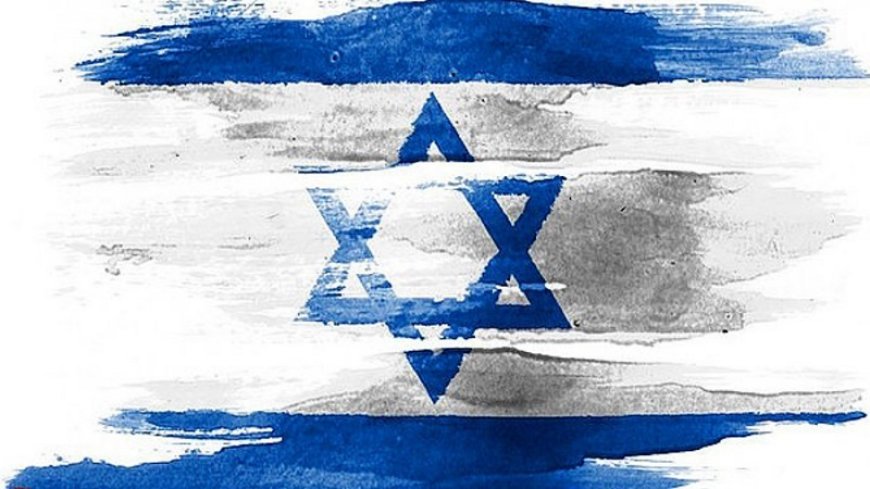Israeli Cabinet Seeks U.S. Guarantees for Continuation of Gaza Conflict

Israeli media reported that the country’s war cabinet has requested assurances from the United States to support the continuation of the conflict in the Gaza Strip, even in the event of a prisoner exchange agreement with Hamas.
According to Israeli radio and television, officials are concerned that U.S. backing might wane once a prisoner exchange agreement is implemented. This agreement is part of a broader ceasefire proposal aimed at ending hostilities. A source within Prime Minister Benjamin Netanyahu's cabinet stated that the request for guarantees from the U.S. might jeopardize the possibility of reaching a final agreement.
Israeli media outlets report that this stance reflects fears within the Israeli government that American support is crucial for maintaining their strategic and military initiatives in Gaza. They worry that without such guarantees, the balance of power in the region could shift unfavorably.
Meanwhile, U.S. President Joe Biden recently commented on the ongoing conflict, stating that Israel had put forward a new proposal for a ceasefire and prisoner exchange. The proposal, which has been transmitted to Hamas through Qatar, includes a phased plan for a six-week ceasefire during which detailed negotiations would take place.
Political analysts note that this request for guarantees adds a layer of complexity to the already delicate negotiations. Internal divisions within the Israeli government are also evident. Internal Security Minister Itamar Ben Gvir and Finance Minister Bezalel Smotrich have threatened to bring down Netanyahu’s government if he agrees to the American-supported prisoner exchange plan.
The internal strife in Israel extends to military ranks as well. Recent reports indicate growing tensions among top military officials, with some generals openly criticizing the ongoing strategy in Gaza. Yossi Yehoshua, a military analyst for Yediot Aharonot, reported intense disagreements between senior officers, highlighting the challenges faced by the Israeli military in managing multiple fronts of conflict, including engagements with Hezbollah in Lebanon and various factions in Syria and Iraq.
Adding to the complexity, recent escalations in violence have seen significant civilian casualties. Palestinian news sources reported that Israeli airstrikes recently hit residential areas in Khan Yunis, resulting in numerous fatalities, including children. These events further strain international perceptions and contribute to the humanitarian crisis in the region.
As the situation develops, the international community continues to call for a peaceful resolution, urging all parties to prioritize humanitarian concerns and work towards a sustainable ceasefire. The role of the United States remains pivotal in shaping the outcomes of these negotiations and ensuring stability in the region













































